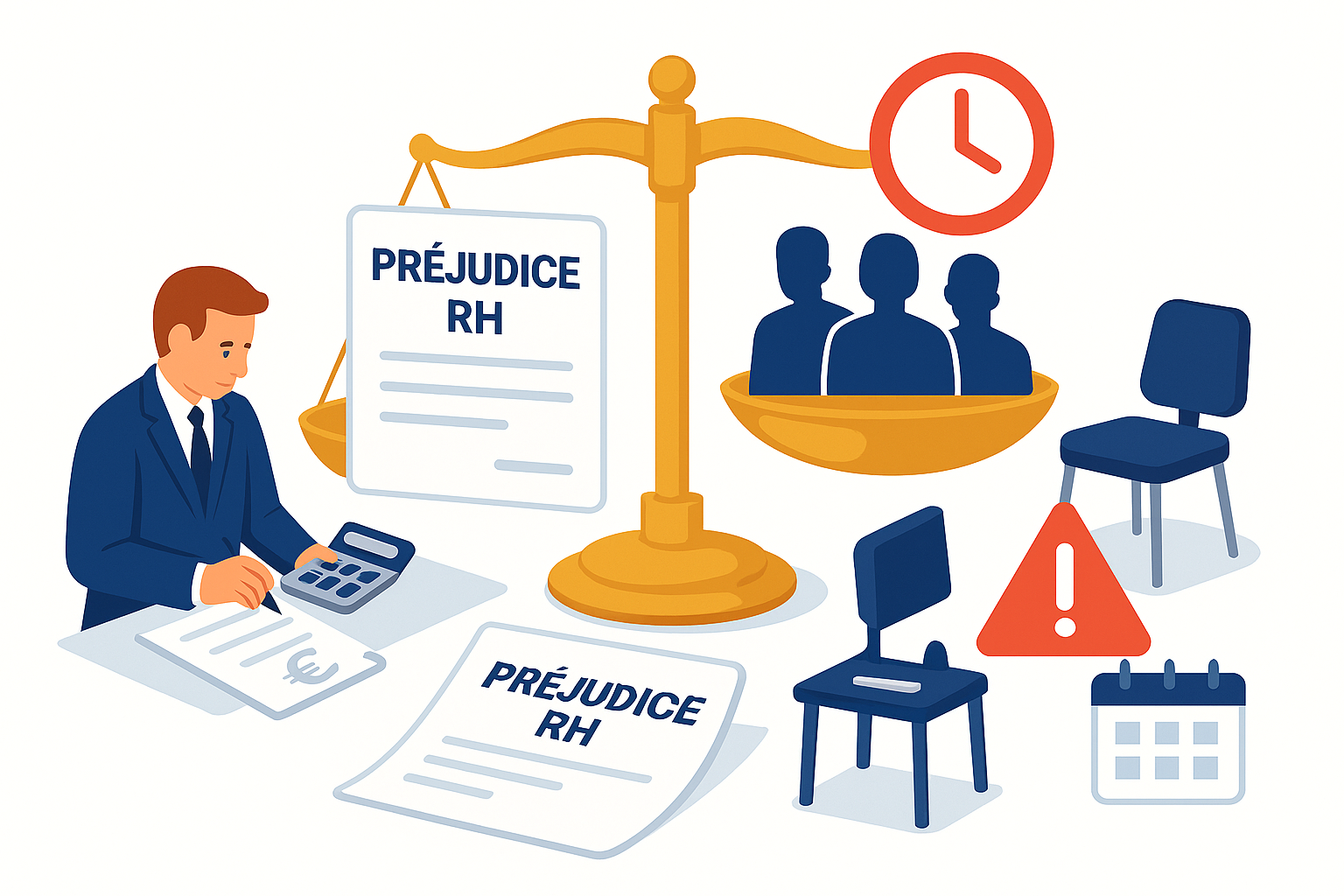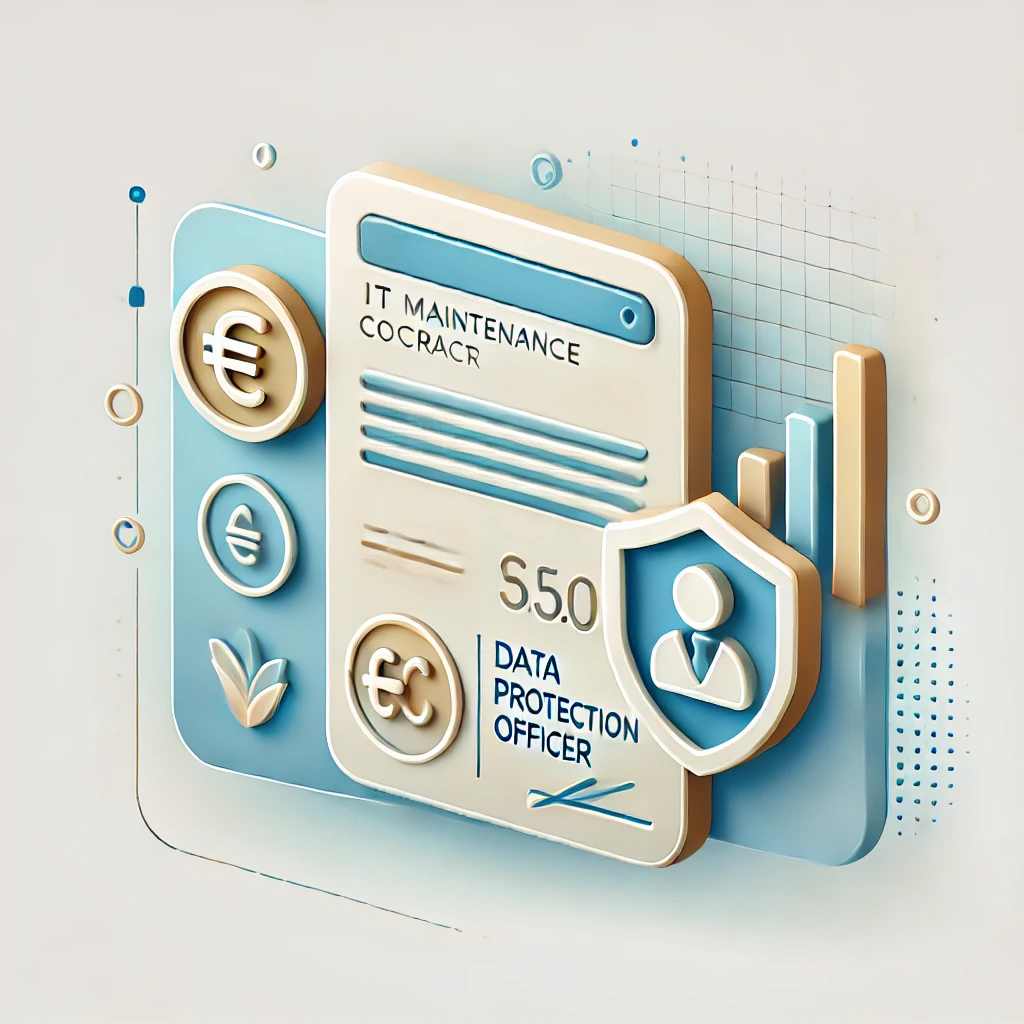The question of the legality of dropshipping in France arises for many players.
Dropshipping, or "direct delivery", is a method of online commerce in which the seller concentrates exclusively on marketing and selling products. In this model, the supplier ships items directly to the end customer, making it much simpler to set up an online store with a low initial investment. In this way, the vendor avoids stock and logistics management, while his or her main expenses relate to website creation and promotion.
Legal status of dropshipping
Registration required
All professionals, including private individuals starting out in this business, are required to register with the Registre du Commerce et des Sociétés in accordance with Article R123-32 of the French Commercial Code. It is essential to ensure that products sold are legal and comply with safety standards.
Respecting distance selling
It's crucial to comply with distance selling standards, including pre-contractual consumer information, the right of withdrawal, delivery conditions, and to avoid any unfair commercial practices. As a lawyer specializing in e-commerce, I'm here to guide you through the legal compliance process.
Compliance and business practices
Legality of dropshipping
Dropshipping is perfectly legal in France. However, the products sold must comply with public health and safety standards, or face financial or criminal penalties.
Fair business practices
It is imperative not to disseminate misleading information, as unfair commercial practices are severely punished by law.
Seller's information obligations
Clear seller information
Sellers must clearly inform consumers of their identity and contact details, or face fines.
Precise product description
An accurate description of the products or services offered is mandatory, as negligence can result in heavy financial penalties.
Legal and contractual warranties
Consumers must be informed of the applicable warranties, and failure to do so may also lead to penalties.
Delivery and commercial practices
On-time delivery
Professionals must respect agreed delivery times, failing which they may be penalized if the goods ordered are not available or if they fail to deliver.
Tips for professionals
Be on your guard against over-promising, and make sure that positive reviews on your e-commerce site are true. Strict compliance with regulations is essential to avoid inspections and sanctions by the DGCCRF.
Conclusion
Dropshipping represents a legal business opportunity in France, provided you scrupulously respect the regulations. Choosing reliable suppliers and respecting consumer rights is essential to the long-term success of your business. To make sure you're compliant, don't hesitate to enlist my help as an e-commerce lawyer.
For more information and advice on launching your dropshipping business legally, contact me.




